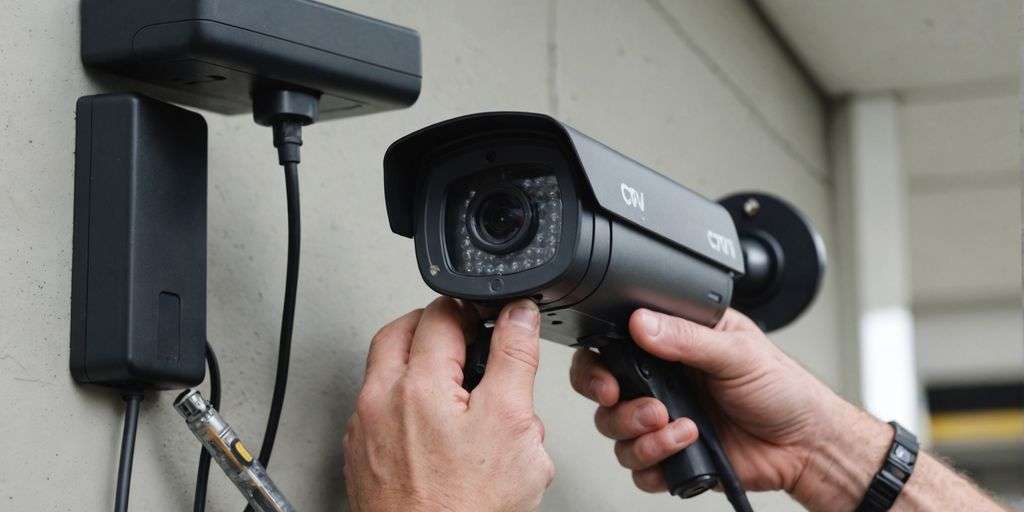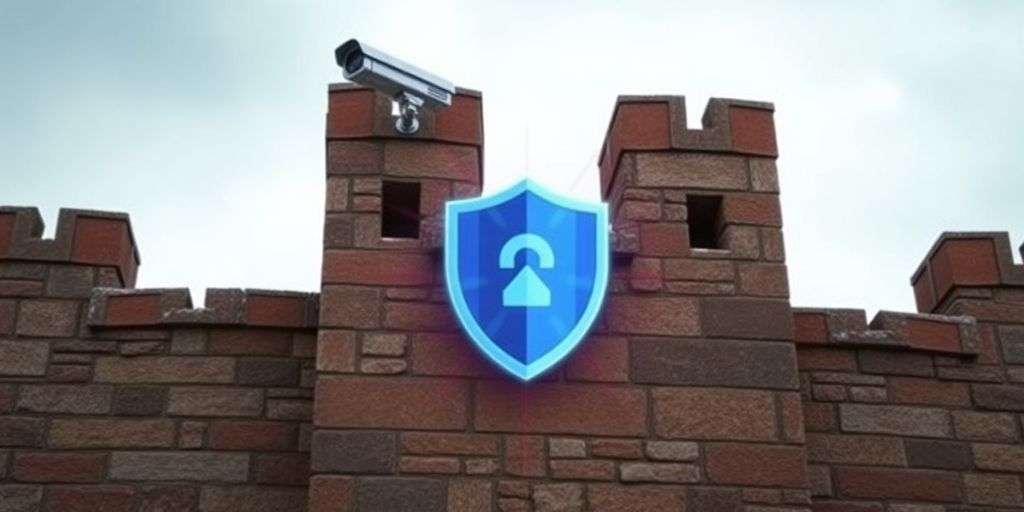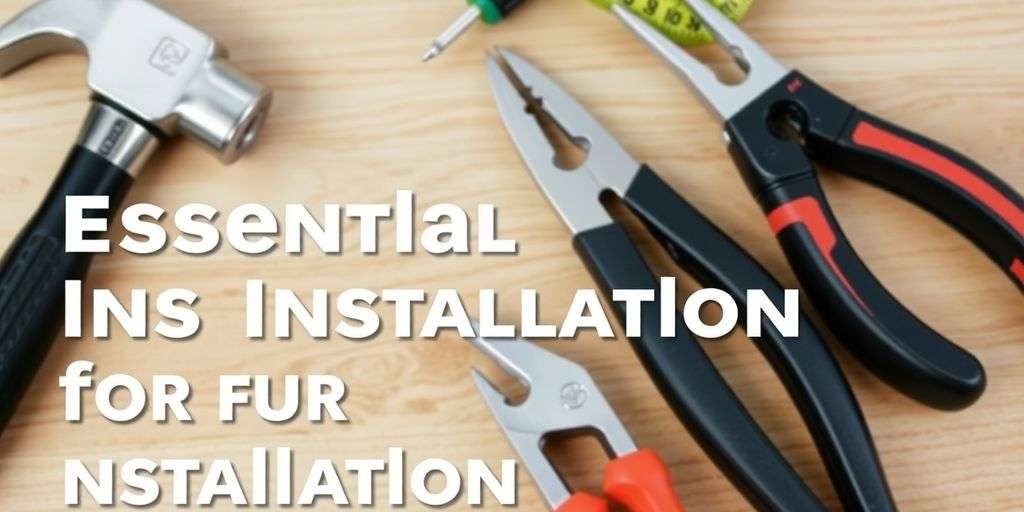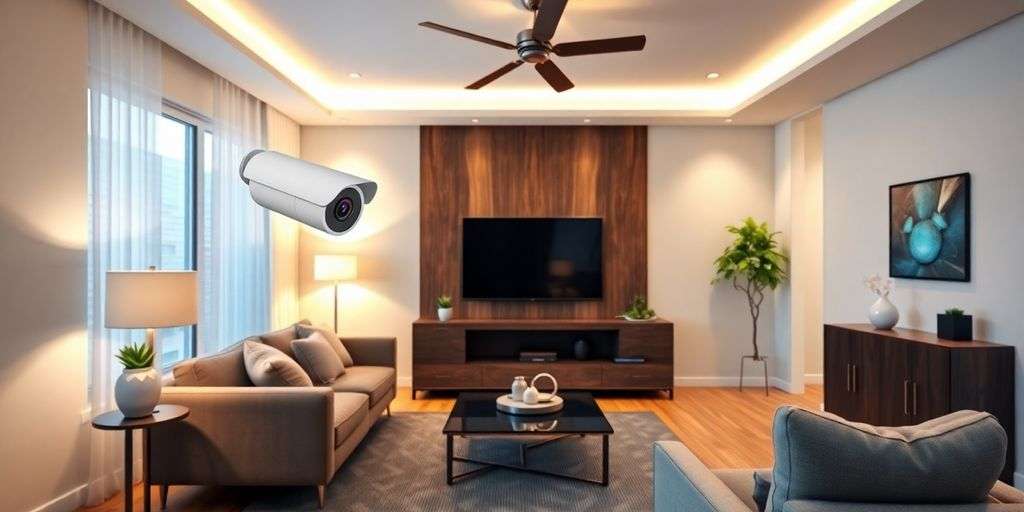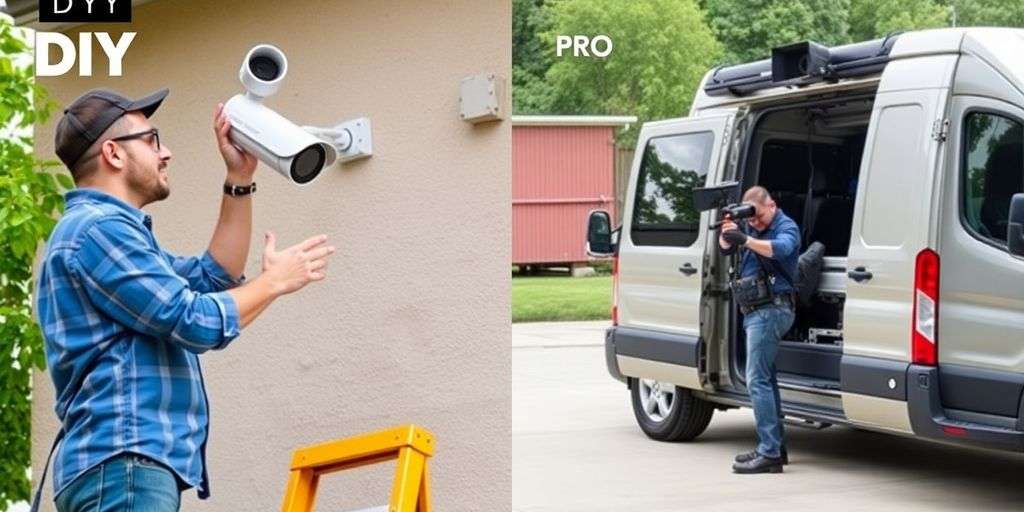Creating an Effective CCTV Maintenance Schedule
Weekly Tasks for Optimal Performance
To keep your CCTV system running smoothly, it’s essential to perform weekly checks. Verify the correct date and time on your system, review recorded footage for any anomalies, and check system logs for errors. Ensure all cameras are properly oriented and free from any obstructions. Inspect for any visible equipment damage.
Monthly Maintenance Essentials
Monthly maintenance involves a more thorough inspection. Clean camera lenses to ensure clear footage, inspect cables for any signs of wear or damage, and check the functionality of your storage devices. Make sure your system software is up-to-date to benefit from the latest features and security patches.
Quarterly Professional Inspections
Every three months, it’s advisable to have a professional service visit. They can perform a full system check, review camera setups, and ensure that all cameras are correctly focused and aligned. This helps in identifying any issues that might not be visible during regular checks.
Annual Comprehensive Reviews
An annual review is crucial for the long-term health of your CCTV system. This should include a complete system audit, cleaning of power supply units, and a detailed inspection of all components. This comprehensive review helps in extending the life of your system and ensures it remains in optimal condition.
Regular maintenance not only prevents small issues from becoming major problems but also extends the life of your CCTV system. By following a structured maintenance schedule, you can ensure your security system remains reliable and effective.
Common Network Connectivity Issues in CCTV Systems

Identifying Signal Loss Causes
Signal loss in CCTV systems can be frustrating and can compromise security. Common causes include physical obstructions, interference from other electronic devices, and outdated firmware. Regularly checking for these issues can help maintain a stable connection.
Improving Low Signal Strength
Low signal strength can result in poor video quality or intermittent footage. To improve signal strength, consider the following steps:
- Ensure there are no physical barriers between the camera and the receiver.
- Upgrade to higher-gain antennas if necessary.
- Use Wi-Fi extenders to boost the signal.
Addressing Intermittent Connectivity
Intermittent connectivity can be caused by fluctuating network traffic or hardware issues. To address this:
- Check for any loose connections or damaged cables.
- Ensure your network is not overloaded with too many devices.
- Restart your router and CCTV system regularly to refresh the connection.
Solutions for Network Congestion
Network congestion can slow down your CCTV system, leading to delayed or lost footage. Here are some solutions:
- Prioritise your CCTV system’s traffic on your network settings.
- Upgrade your network infrastructure to handle higher bandwidth.
- Use wired connections where possible to reduce wireless traffic.
Maintaining a reliable network connection is crucial for the optimal performance of your CCTV system. Regular checks and timely upgrades can prevent most connectivity issues.
DIY vs. Professional CCTV Maintenance
Benefits of DIY Maintenance
Opting for DIY maintenance can be a cost-effective choice, especially for smaller or simpler CCTV systems. It allows you to gain a good understanding of your system and address minor issues promptly. However, it can be time-consuming and may require some technical know-how. Tasks like handling complex wiring or software upgrades can be challenging without the necessary expertise.
When to Call a Professional
Professional maintenance services bring technical expertise and experience to the table. They can efficiently handle complex systems, perform thorough checks, and detect potential issues that might be missed during DIY maintenance. While professional services come at a cost, they are often a worthwhile investment for larger or more complex CCTV systems.
Cost Comparison
Here’s a comparison to help you decide:
| Maintenance Type | Pros | Cons |
|---|---|---|
| DIY Maintenance | Cost-effective, immediate response to issues | Requires technical know-how, can be time-consuming, risk of missing complex issues |
| Professional Maintenance | Technical expertise, comprehensive checks | Comes at a cost, scheduling appointments may cause delays |
Ensuring Compliance with Regulations
Local regulations may affect how you maintain your CCTV system. Some areas have rules about where cameras can be positioned or how footage can be used. Compliance with these regulations is crucial to avoid legal repercussions. When in doubt, consulting with a legal expert or a professional maintenance service knowledgeable about these regulations can be beneficial.
Regular maintenance, whether DIY or professional, ensures your CCTV system operates at its best, providing reliable security and peace of mind.
Essential Items for Your CCTV Maintenance Checklist
Camera Lens Cleaning and Inspection
Regularly cleaning and inspecting your camera lenses is crucial for maintaining clear and high-quality footage. Use a microfiber cloth or a lens cleaning solution to clean the lenses. Check for any scratches or damage that might affect the image quality. Ensure the camera’s alignment is correct and that no debris is obstructing the view.
Power Supply Checks
It’s important to frequently check the power supplies for your CCTV cameras. Verify that all cameras are connected to a reliable power source and that any batteries are functioning properly. If you encounter any issues with the power supply, consider consulting a professional.
Wiring and Connections
Inspect all wiring and connections regularly to ensure they are secure and free from damage. Look for signs of wear, tear, or corrosion, especially in outdoor systems. Replace any damaged wires promptly to avoid interruptions in your CCTV system’s operation.
Monitoring and Recording Equipment
Ensure that your monitoring and recording equipment is in good working order. Clean the monitor screens for better visibility and check the picture quality. Confirm that the recording equipment is functioning correctly and that there is sufficient storage space for new footage. Regularly update the software to the latest version for optimal performance.
A well-maintained CCTV system not only enhances security but also extends the lifespan of your equipment, ensuring reliable surveillance for years to come.
Conclusion
Maintaining your CCTV system through regular checkups is essential for ensuring its optimal performance and longevity. By following a consistent maintenance schedule, you can prevent minor issues from escalating into major problems, thereby saving both time and money. Regular cleaning, inspecting, and testing of your system’s components will help you achieve clear and accurate footage, continuous operation, and extended system life. Whether you choose to perform these tasks yourself or hire a professional, the key is to stay proactive. A well-maintained CCTV system not only enhances security but also provides peace of mind, knowing that your property is under reliable surveillance.
Frequently Asked Questions
How often should I perform maintenance on my CCTV system?
It’s best to check your CCTV system at least once a month. Regular checks help catch small problems before they become big issues. For older systems, you might need to check them more often.
Can I do the maintenance myself, or should I hire a professional?
You can do some basic maintenance tasks yourself, like cleaning the camera lenses and checking the power supply. However, for more complicated issues, it’s a good idea to call a professional.
What are some common problems with CCTV systems?
Common problems include dirty camera lenses, loose wires, and issues with the power supply. Sometimes, you might also face network connectivity problems, especially with wireless systems.

